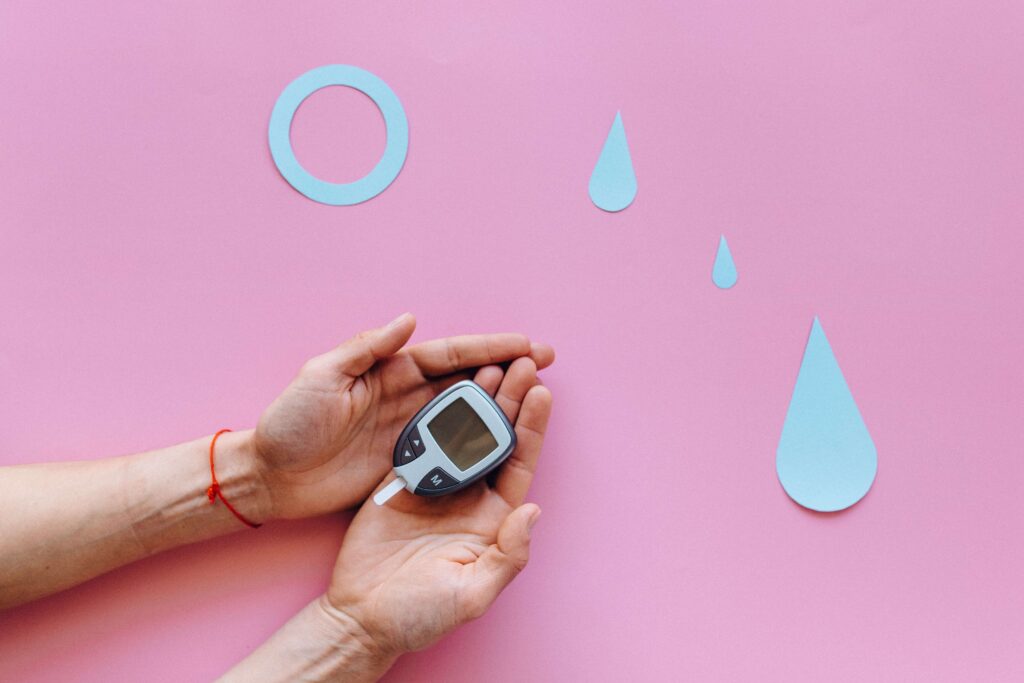
Maintaining healthy blood sugar levels is vital for overall well-being, particularly for individuals managing conditions like diabetes. Amidst the myriad of lifestyle choices that contribute to this balance, a simple yet impactful practice gaining recognition is the post-meal walk. This practice involves dedicating just 2 minutes to walking after meals, offering a practical and accessible approach to enhancing blood sugar management. In this article, we delve into the importance of this post-meal walk routine and explore the remarkable benefits it brings to individuals striving for optimal blood sugar control.
Understanding blood sugar regulation
Blood sugar, or glucose, is the primary source of energy for the body’s cells. However, its levels need to be carefully regulated to ensure optimal functioning. After a meal, the body digests carbohydrates and the glucose is transported through the bloodstream to cells, leading to an increase in blood sugar levels. This period is critical, and how the body manages this surge in glucose can impact your long-term health.
Insulin, a hormone made by the pancreas, is crucial for controlling blood sugar. When sugar levels go up, especially after meals, insulin is released. Think of insulin as a key that opens cells, letting them take in glucose for energy. This action prevents too much glucose from building up in the bloodstream.
Two-minute solution: Post-meal walk

Recent studies have shed light on the positive effects of short, post-meal walks on blood sugar levels. Walking for as little as 2 minutes after consuming a meal has been shown to significantly lower postprandial blood glucose levels. This practice, when incorporated into a daily routine, can contribute to better overall blood sugar management.
The positive effects of walking after meals come from how it improves the body’s use of insulin and the way it handles glucose. Even short periods of physical activity boost the body’s efficiency in using insulin, making it easier for cells to take in glucose from the blood. This process helps avoid a sudden increase in blood sugar levels right after eating.
In simple terms, a short walk after meals can make your body handle sugar better and keep your blood sugar levels more stable.
Incorporating a post-meal walk into one’s routine is a simple yet powerful lifestyle modification. Whether it’s a stroll around the neighborhood, a walk in the local park, or even pacing around your home or office, the key is to engage in light physical activity shortly after finishing a meal.
Benefits beyond blood sugar control
Post-meal walking offers additional health advantages beyond its impact on blood sugar levels. Let’s explore how taking a short walk after meals can make a positive difference to your overall well-being.
- Digestive Aid:
- The physical activity associated with post-meal walking can aid digestion by promoting the movement of food through the digestive tract.
- Gentle motion and increased blood flow to the stomach and intestines may help alleviate feelings of bloating and discomfort.
- Prevention of Post-Meal Lethargy:
- Post-meal lethargy, commonly known as the “food coma,” can be mitigated by a short walk.
- Physical activity stimulates the circulation of oxygen and nutrients, combating the sluggishness often experienced after eating.
- Weight Management:
- Incorporating post-meal walks into a routine contributes to weight management efforts.
- Burning additional calories through light exercise supports overall energy balance and can complement weight loss or maintenance goals.
- Mental and Emotional Well-Being:
- The mental and emotional benefits of a brief post-meal walk are noteworthy.
- Physical activity triggers the release of endorphins, promoting feelings of well-being and reducing stress and anxiety.
- A short break from routine provides an opportunity for mental relaxation, fostering a positive mindset.
- Improved Sleep Quality:
- Engaging in a post-meal walk can positively impact sleep quality.
- Light exercise helps regulate circadian rhythms and may contribute to a more restful night’s sleep.
- Enhanced Cardiovascular Health:
- Regular post-meal walking is associated with improved cardiovascular health.
- It contributes to the maintenance of healthy blood pressure levels and supports overall heart function.
- Social Engagement:
- Encouraging post-meal walks with family or friends fosters social engagement.
- Shared physical activity enhances social bonds and contributes to a supportive and healthy lifestyle.
- Increased Energy Levels:
- Contrary to common perception, physical activity provides an energy boost rather than causing fatigue.
- A short walk can increase alertness and energy levels, making it an excellent antidote to post-meal sluggishness.
- Enhanced Metabolism:
- Regular post-meal walks can contribute to an enhanced metabolic rate.
- The body continues to burn calories during and after physical activity, supporting metabolic efficiency.
- Joint Flexibility and Mobility:
- Gentle walking promotes joint flexibility and mobility.
- It is particularly beneficial for individuals looking to maintain or improve joint health, especially as part of an overall exercise routine.
Making it a habit
To make post-meal walking a habit, consider integrating it into your daily routine. Whether it’s immediately after lunch or dinner, finding a consistent time can help establish this healthy practice. Encouraging family members or colleagues to join can add a social aspect and make it a shared, positive activity.
While post-meal walking is generally considered safe for most individuals, it’s essential to consult with healthcare professionals, especially for those with pre-existing health conditions. They can provide personalized advice based on individual health profiles.
Conclusion
The proof showing that walking after meals is good for your blood sugar levels tells us that small changes in how we live can really help our health. This easy practice can be part of our everyday life, making it a useful way to manage and better control blood sugar. Just like with any health habit, indulging in a post-meal walk regularly and fitting it to your own needs is important. It’s also a good idea to talk to your healthcare provider to make sure it’s right for you and your health goals.